when can partner feel baby kick
 When Will Others Feel Baby Kick?
When Will Others Feel Baby Kick?When can you feel your baby moving? Feeling your baby's first kick can be one of the most exciting milestones of pregnancy. Sometimes all you need is that little move to make everything look more real and get closer to your baby. But while you expect your baby to move at some point in your , you can have questions about the normal and what is not (the constant concern you will probably have in all things of parenthood). Well, we have answers. But first: Remember that every pregnancy is different, so your baby can move sooner or later than a friend's baby (or that baby who reads on a mummy blog). But if you are looking for a general guide, this is what you need to know about the fetal movement in different stages. Whether it's your first, second or third pregnancy, you're probably anxious to feel that first move or kick. Did I feel bad? Or was it gas? And if you haven't felt anything yet, you can ask yourself when it will happen. The boy has to stretch his legs at some point, right? But the truth is that your baby has been moving from the beginning — it just hasn't felt it. First trimester move: Weeks 1–12Dada your baby's small teen size during , it is unlikely that you will feel any kind of fetal movement in your . If you have an ultrasound later in this trimester — let's say, around the 12th week or so — the person doing the analysis may point out that your baby is already rocky and rollin' at the rhythm of your own drum. But without an ultrasound—or if the baby is not active during the scan, which is also quite normal—you will not be wiser, because you probably don't feel anything. While the first three months of pregnancy will come and go with little or no perceptible action in your uterus, your baby will compensate more than the lack of movement in your second and third quarter. Second trimester: Weeks 13–26 This will be an exciting tripester! Morning disease can begin to fade (thank you kindness!), you will have an increase in the baby's top, and those baby kicks will become a little more prominent. The first movements (known as acceleration) begin in the . At first, you may not even recognize what is happening. Your baby's still small, so kicks aren't gonna be strong. Instead, you can feel a strange feeling that can only describe as a . Imagine a small fish swimming in your stomach (or a little lower, actually) — strange as it may sound, this is likely that those first moves will feel. It can start as early as 14 weeks, but 18 weeks is more than half. If you have been pregnant before, and some of knowing what to expect, you could detect the movement before — perhaps even as early as 13 weeks. What is interesting, however, is that while wearing twins or triplets means that there is less room in your uterus, it is not likely that you feel movement before when you are pregnant with multiples. (But you can expect a wild and acrobatic walk later in pregnancy!) Third Quarter Movement: Weeks 27 to 40 This takes us to the , also known as the section of the house. Things are getting a little cramped. And with less space to stretch, your baby's kicks, elbows and blows are unmistakable. Your baby is also stronger in the third quarter, so don't be surprised if some of those kicks hurt or make you flinch. (Your beautiful girl hurts you? As the baby takes more space, it can also expect the movement to be less dramatic as it approaches its delivery date, but it should not be less frequent or stop. The joy of feeling that your baby moves increases when you can share it with your partner, or friend, or family members. You are taking the baby, so naturally you are able to notice movement before others. But in most cases, your partner should be able to detect the movement a few weeks after you. If your partner puts your hand on your stomach, you may feel that the baby moves as early as the 20th week. As your baby gets bigger and stronger, your partner (or others you allow) will not only feel kicked, but also watch kicks. Your baby may even start responding to family voices around the 25th week, so talking to your baby might cause a kick or two. While some of those previous movements may feel like a wave or a fish swimming in your belly, the movement can also imitate feelings of gas or hunger pangs. So you might think he's hungry or has digestion problems. It's not until the feeling becomes consistent and stronger that you realize it's really your baby exploring the environment! Sometimes your baby moves can feel like little ticks in your belly. In all probability, your , which is completely harmless. It is also important to note that the frequency of the movement will change in different stages of your pregnancy. Just because your baby starts moving in the second quarter doesn't mean it happens all day. In fact, the inconsistent movement is perfectly normal in this quarter. So even if you don't feel any movement someday, don't panic. Remember, your baby's still small. You're unlikely to feel every turn or roll. It's not until your baby gets bigger you'll start feeling something every day. It could even start to notice regular motion patterns. Your baby may be more active in the mornings, and quieter in the evenings and nights, or vice versa. It really depends on your sleep cycle. In addition, their own movements can attract the baby that leads to sleep. This is also why you can notice more activity when you're lying, as you're trying to sleep, your latest addition wakes up. Towards the end of its third trimester, it is also perfectly normal for movements to change slightly. This doesn't mean anything is wrong — it just means your baby is out of space to move. You want to play with your baby? By entering the third quarter, your doctor is likely to suggest a fun and simple way to track your baby's health over the past few months. The ideal is to tell how many times your baby moves within a specific time frame to get a basis of what is normal for them. You will want at the same time every day, if possible, and when your baby is the most active. Sit with your feet up or lie next to you. Watch the time on the clock, and then start counting the number of kicks, elbows, and blows it feels. Keep counting up to 10, and then score how long it took to feel 10 moves. It's important that you do this every day, because a change in the movement might indicate a problem. If it usually takes 45 minutes to count 10 kicks, then one day it takes two hours to count 10 kicks, call your doctor. To be abundantly clear, lack of movement does not always indicate a problem. It could mean that your baby is enjoying a long nap or that your baby is in a position that makes it harder to feel moving. You can also feel less movement (or feel those first kicks a little later in your pregnancy) if you have a . This is perfectly normal. And sometimes — like all of us — your baby needs a little snack to start over. So eating something or drinking a glass of orange juice could encourage movement. In the same way, your doctor can bring you to monitor. It's not likely that you feel that your baby moves during the real job (and you'll have a lot to distract yourself), but you can feel movement during the Braxton-Hicks contractions. These contractions occur during the third quarter, and it is essentially the form of your body to prepare for delivery and delivery. This is a hardening of your abdomen that comes and passes for a period of time. Not only can you detect movement during these contractions, but your baby's movements can even trigger Braxton-Hicks. Going to walk or changing your position can help relieve these early contractions. Feeling that your baby moves is one of the amazing joys of pregnancy, often allowing an intense bond. So it's quite natural to feel worried if you think you haven't felt movement often or early enough. But some babies move more than others, and some pregnant women feel kicked before others. Try not to worry. You'll soon feel the normality of your baby. Call your doctor if you are concerned about the lack of movement or if you do not feel 10 movements within a two-hour window in the third quarter. Also, do not hesitate to call your doctor or go to the hospital if you are concerned about your baby's health, or if you cannot distinguish between . Your doctor and clinic staff are your allies on this journey. You should never feel foolish to call or enter — the precious shipment you are charging is worth checking in on the case of anything usual. Last medical review on July 15, 2019 Read this next set of words

When Can Your Husband and Others Feel The Baby Move?
When Can Your Husband and Others Feel The Baby Move?

How to Help Your Partner Feel Baby Kick

When will my partner feel the baby kick? | BabyCenter
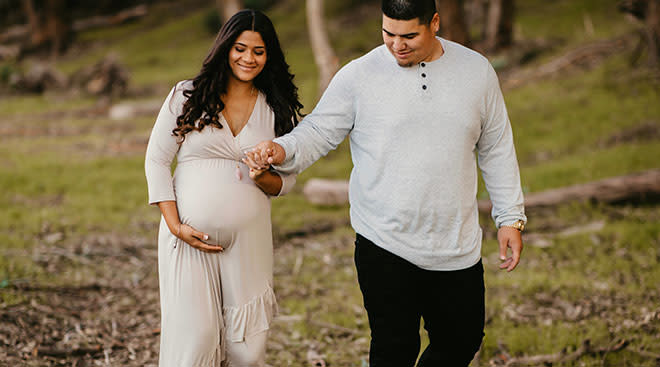
When Will I Feel Baby Kick?

When Will Other People Feel Baby Kick? | The Pulse
/GettyImages-580751173-57619d163df78c98dc366ae8.jpg)
Feeling Your Baby Move in Your Second Pregnancy

When Can You Feel Baby Move? Early Kicks, from the Outside, More

Partner perspective | Feeling baby kick

How will my baby's movements feel, week by week? | BabyCenter
/200424111-003-56a76ebb3df78cf77295e6b3.jpg)
When Others Can Feel a Baby Move During Pregnancy
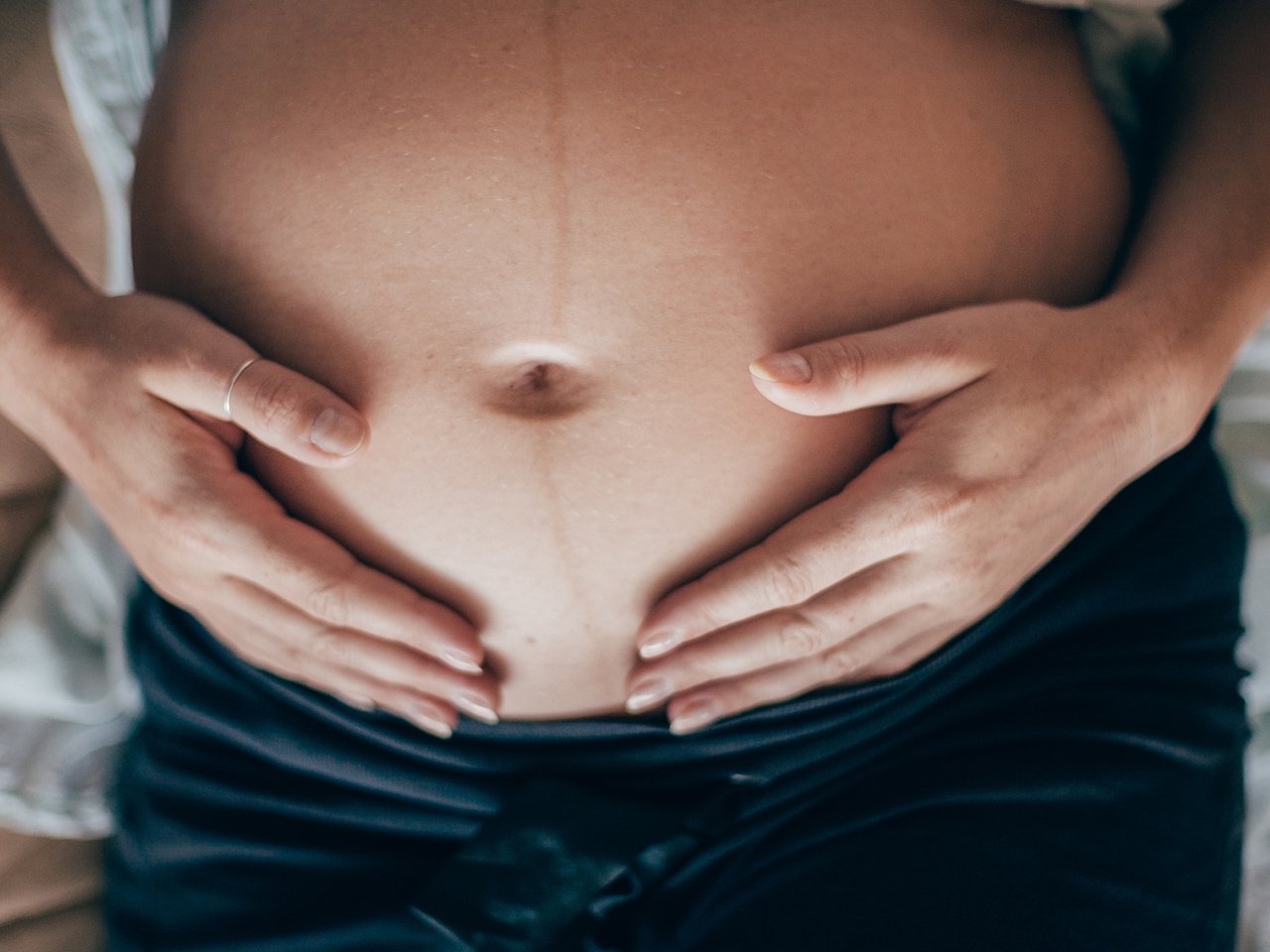
When do you feel baby move? All about those first little kicks

Fetal Movement: Feeling Baby Kick | Parents

How to Help Your Partner Feel Baby Kick

Which Month Can You Feel The Baby Move - Baby Viewer

When can you feel your baby move? | Mother&Baby

When your baby first starts to move in the womb - MadeForMums

What Do Baby Kicks Feel Like - What Does Quickening Feel Like

How Soon Can My Partner Feel The Baby Move - Baby Viewer
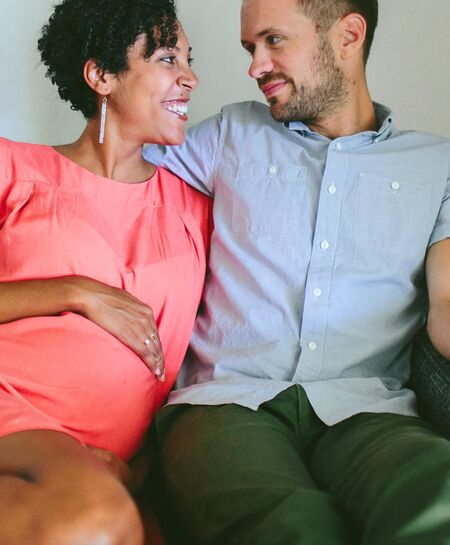
When Will Others Feel Baby Kick?

Fetal movement: Feeling your baby kick | BabyCenter

10 ways to bond with your baby bump - BabyCentre UK

When your baby first starts to move in the womb - MadeForMums
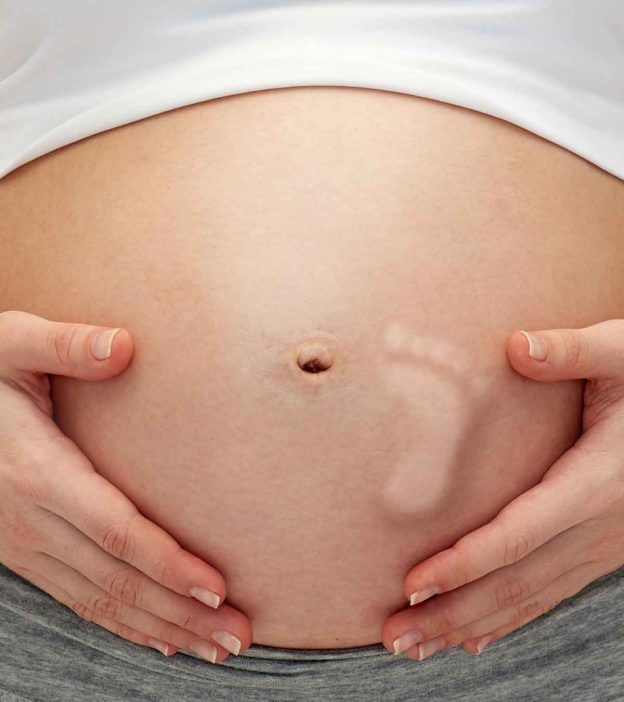
7 Interesting Facts About Baby Kicks During Pregnancy

Baby Kicks and Fetal movements: Facts you must know during pregnancy - Fit Lilliput

When Can You Feel the Baby Kick? – Babyprepping.com

The Importance of Counting Kicks During Pregnancy | Parents
8 Tricks for Getting Your Baby to Move In Utero
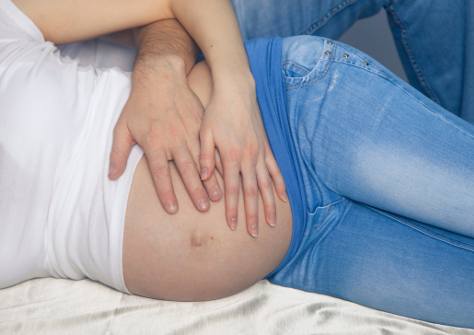
Should baby movements hurt? | Bounty
:max_bytes(150000):strip_icc()/GettyImages-464678389-576afffa3df78cb62c32e8a1.jpg)
Feeling Your Baby Move in Pregnancy

13 Dads Reveal What It's Really Like To Feel Their Baby Kick For The First Time

Mums tell: what my baby's movements feel like (photos) - BabyCentre UK

How many times should my baby kick during pregnancy? - MadeForMums
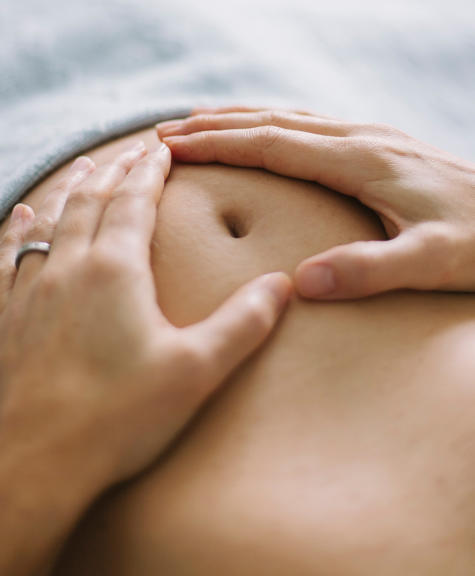
Fetal Hiccups: Why Do Babies Get Hiccups in the Womb?

When Will My Partner Feel The Baby Kick - Baby Viewer

When will my partner feel the baby kick? | BabyCenter
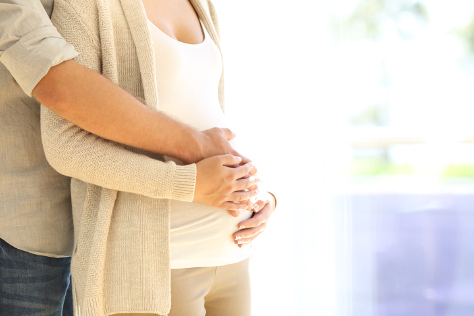
How Much Should your Baby be Moving? Count the Kicks | Bounty

Fetal Movement (Quickening): Feeling Baby Kick Week-by-Week

Baby flutters: How do they feel?

Quickening and Fetal Movement: Learn About Those First Kicks | Pampers
Posting Komentar untuk "when can partner feel baby kick"